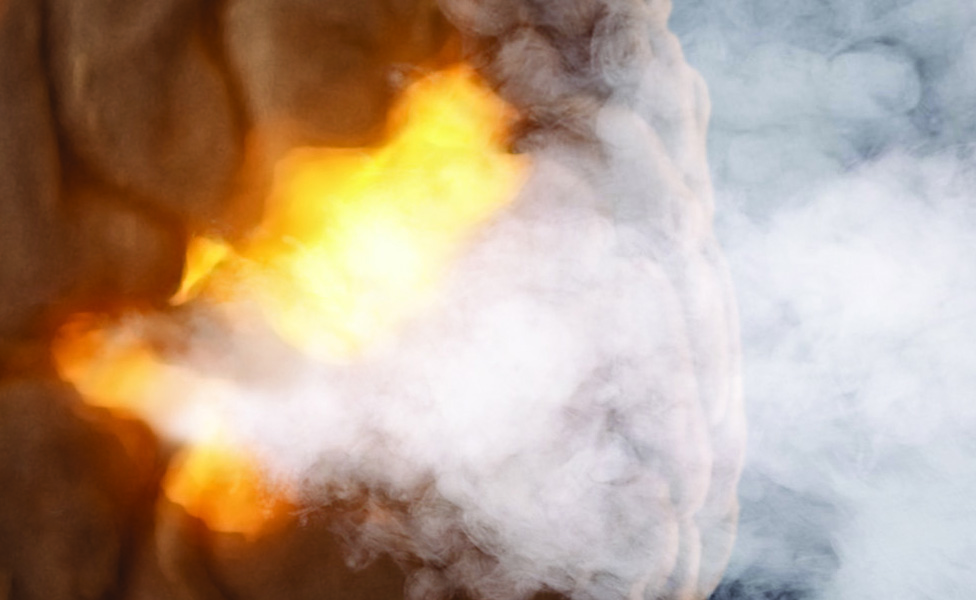Fraunhofer MEVIS is delighted to welcome an artist to a new artist-in-residence program in cooperation with Ars Electronica. The project includes a series of encounters bringing an artist, a group of Fraunhofer MEVIS scientists, pupils from Bremen, Germany, and Linz, Austria together in the spring and summer of 2017.
An important element of the artist-in-residence program is the involvement of pupils, who will gain insight into new technology and participate in discussions. This program reaches pupils in STEM topics (science, technology, engineering, and mathematics) who are interested in art. It raises awareness about the role of math, physics, and foremost information science and programming in society. We designed this residency to explore the interplay of science, tech, and art to stimulate critical dialog about, and implementation of new technology within society. The aim is to foster the engagement with, and ownership of future technology. In addition, enhancing the artist-in-residence program by involving pupils contributes to the development of new occupational fields for artists.
In the first phase of the residency, the selected artist will work for two weeks closely with researchers at the Fraunhofer Institute of Medical Image Computing MEVIS in Germany. The artist will explore selected scientific themes and technologies in medical image processing and relevant ethical and societal issues and will train to use a software platform for medical imaging. With support from scientists, the artist will bestow an artistic perspective on a workshop for pupils conducted alongside the scientific experts as part of the International Fraunhofer Talent School in Bremen. The pupils will use medical image processing technology in an artistic way and discover the underlying computer science, programming, mathematics, and physics.
For the second phase of the residency the artist stays two to four weeks at Ars Electronica in Austria and develops an artwork linking up scientific aspects with approaches used in digital art and holds the workshop with pupils from Linz and Upper Austria. Ars Electronica’s facilities allows artistic reflection on significant developments, its ongoing inquiry into alternative future scenarios as well as the ways and means to encourage people to get actively involved in configuring our shared future.
The program will take place at the Fraunhofer Institute for Medical Image Computing at the technology park in Bremen, Germany and at the Ars Electronica Center in Linz, Austria. At Fraunhofer MEVIS, experts from four fields will take part, including experienced STEM workshop leaders from the biophysical modelling and simulation group, experts in technology-oriented science communication, scientists from the MRI physics group and experts for the exploration of new technology within the medical imaging development platform MeVisLab. At Ars Electronica the artist is provided with state-of-the-art technical production possibilities in a transdisciplinary discourse and has access to experts from Ars Elctronica FutureLab.
An external scientist specialized in the effects of arts-based initiatives will evaluate the program. The creative project and the outcome of the residency will be presented at the 2017 Ars Electronica Festival in Linz in the context of the European Digital Art and Science Network.
The STEAM Imaging project was originally developed during 2016 in collaboration with SPACE (London).
 Fraunhofer Institute for Digital Medicine MEVIS
Fraunhofer Institute for Digital Medicine MEVIS